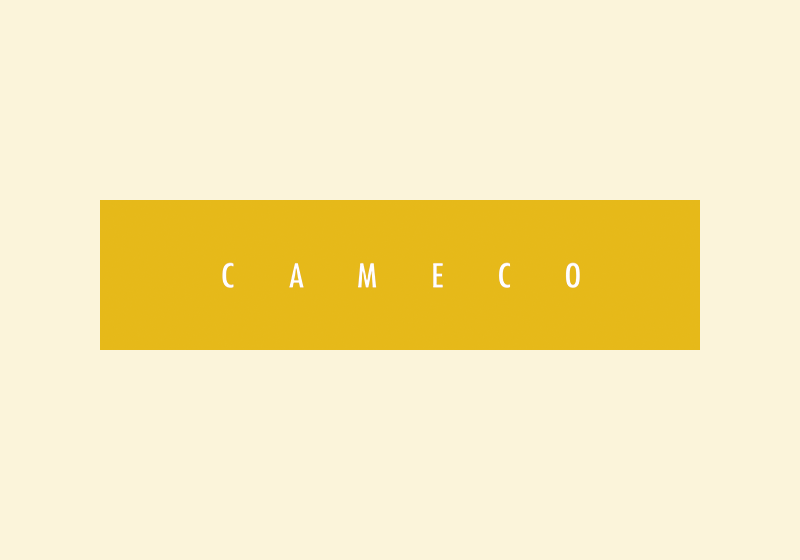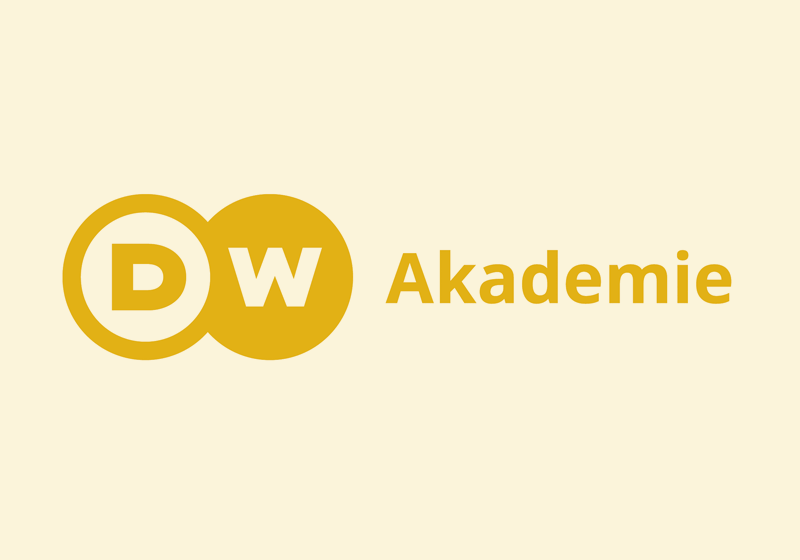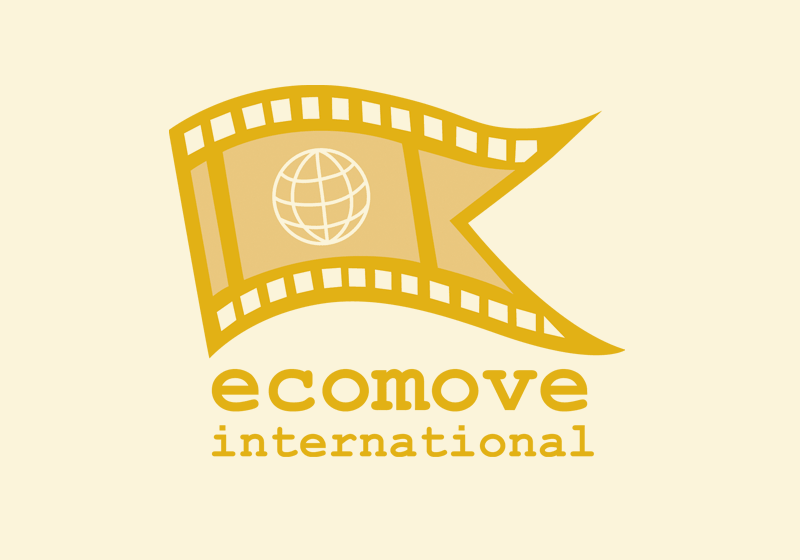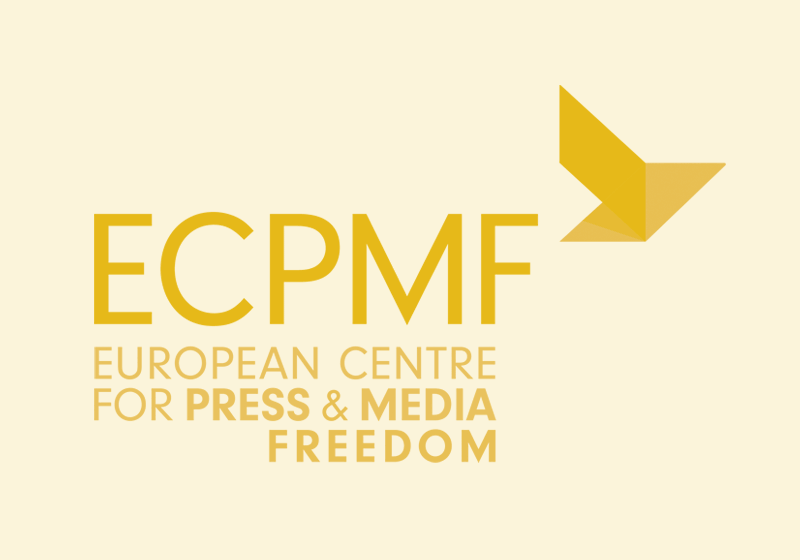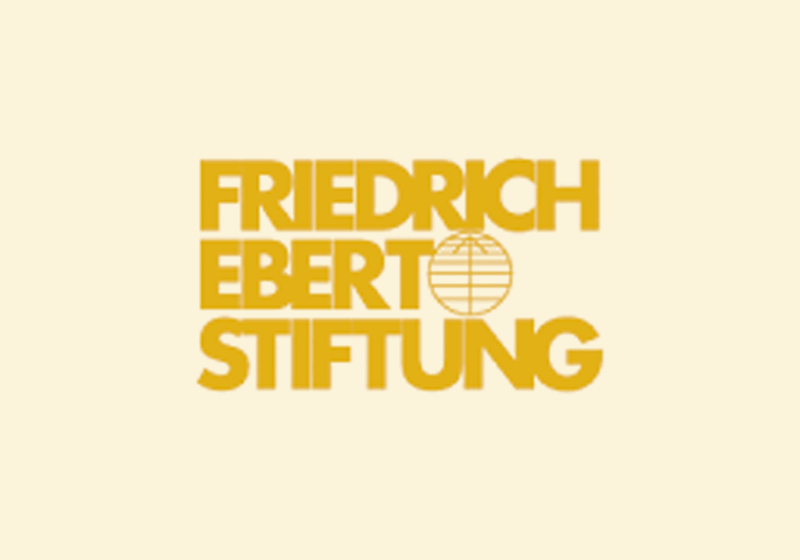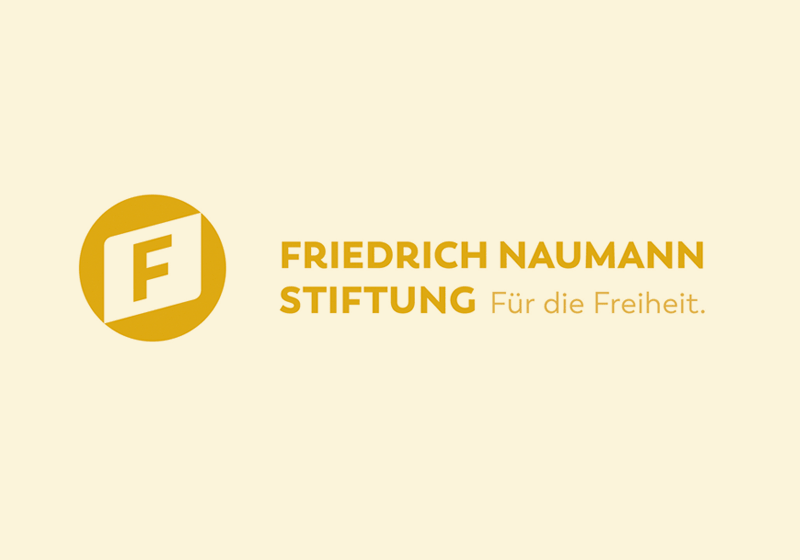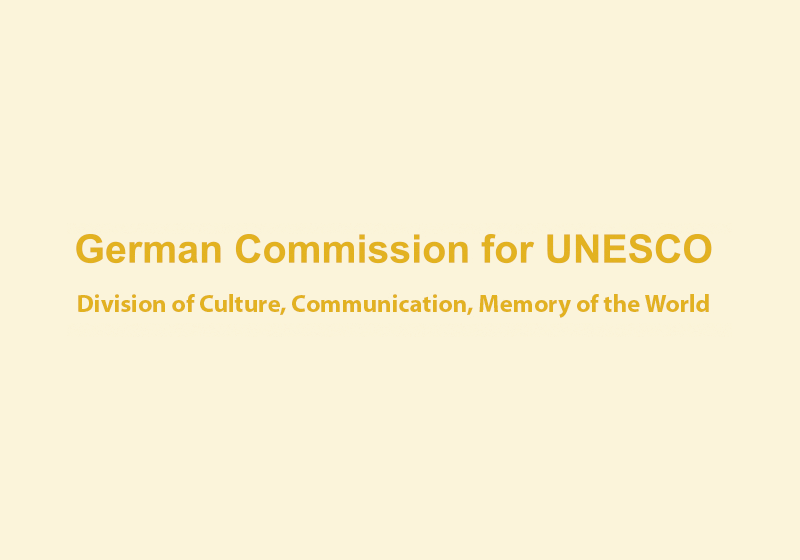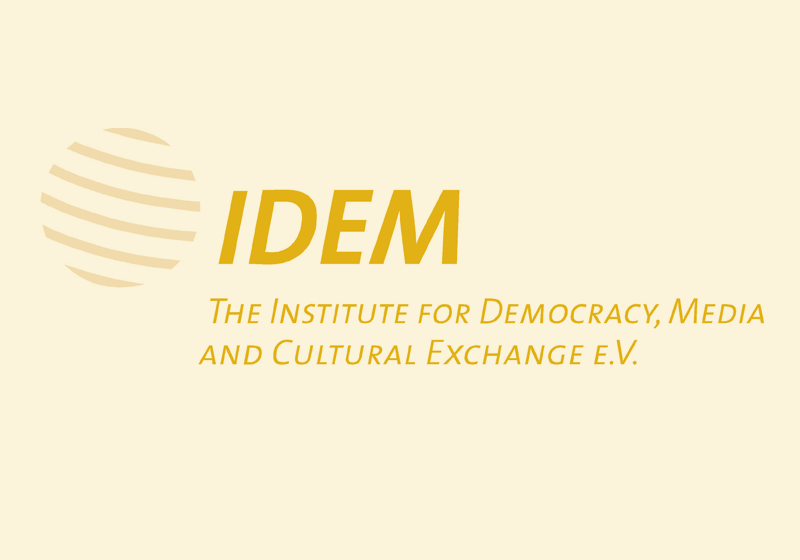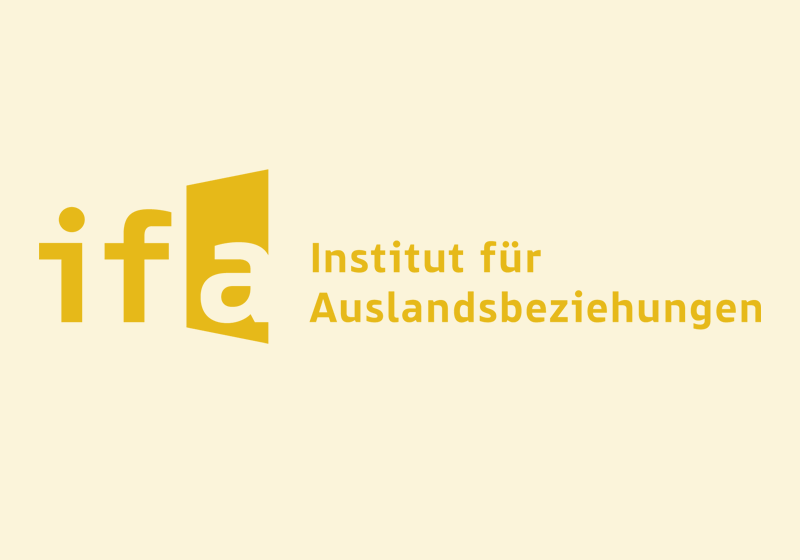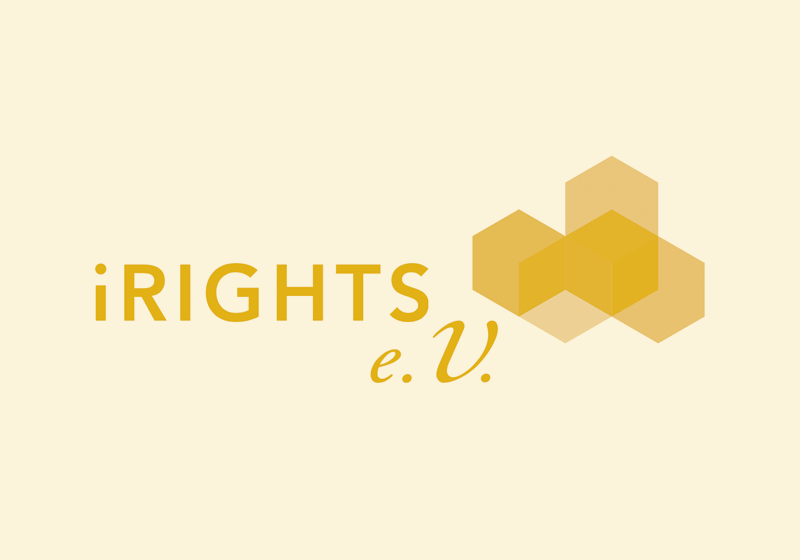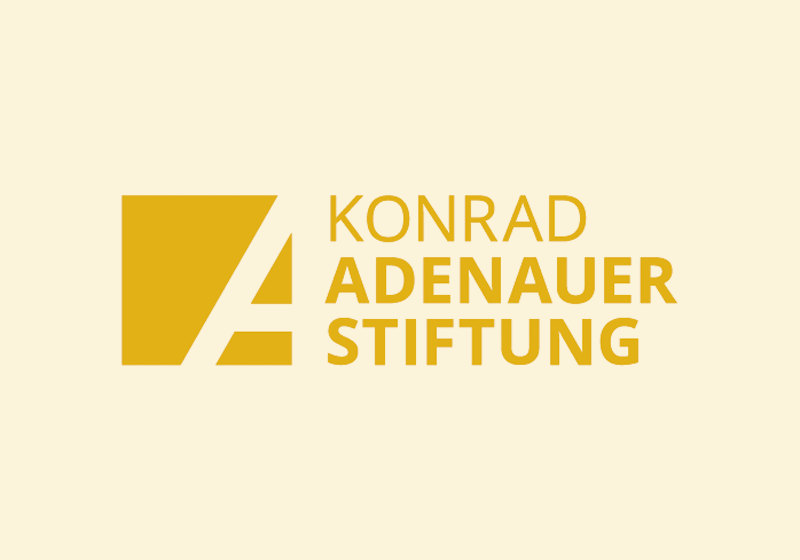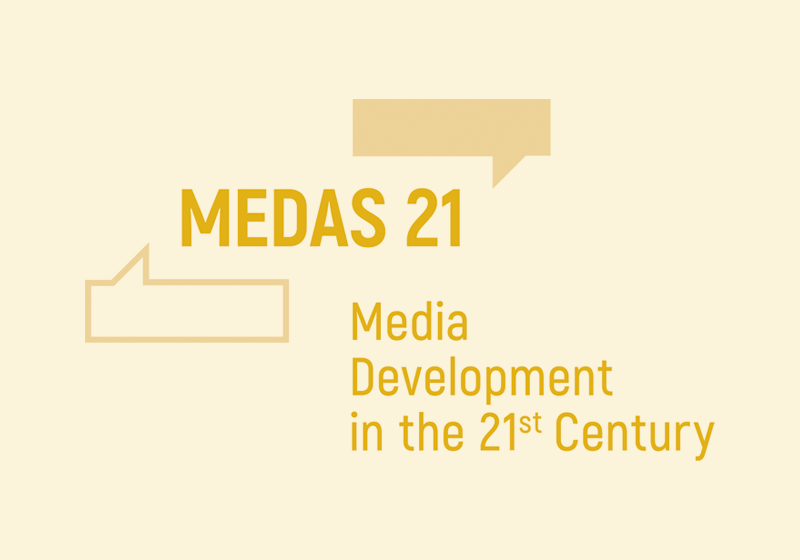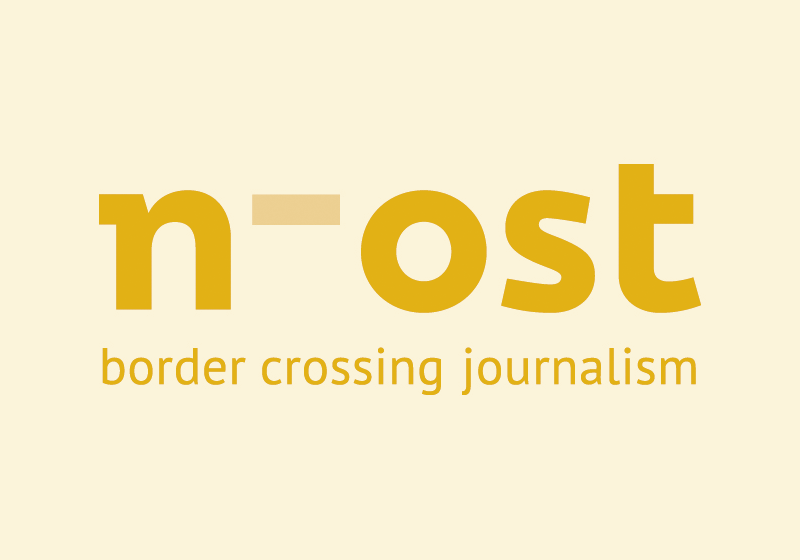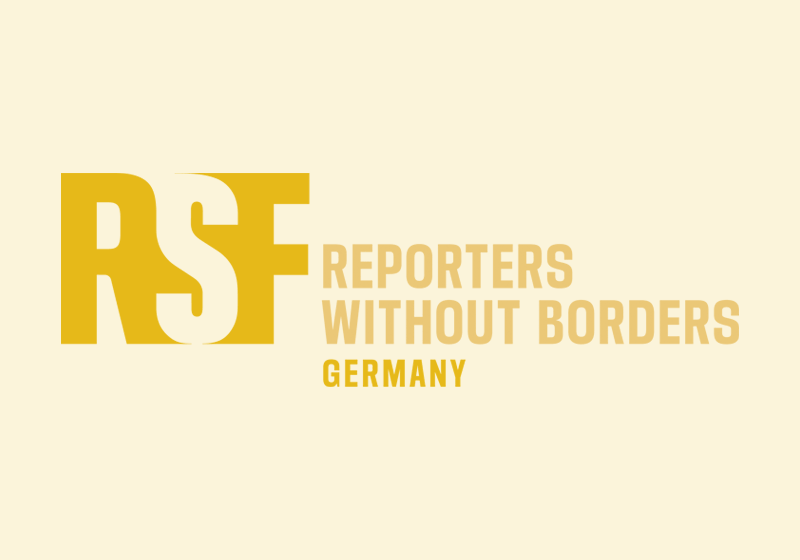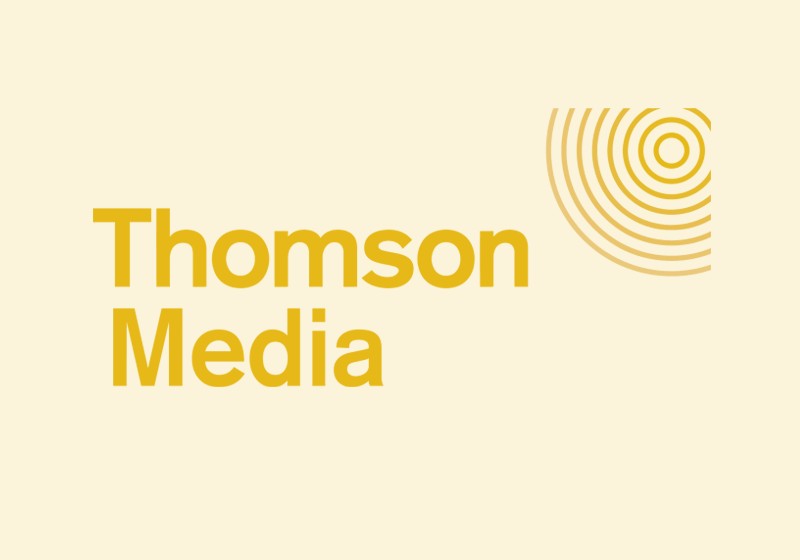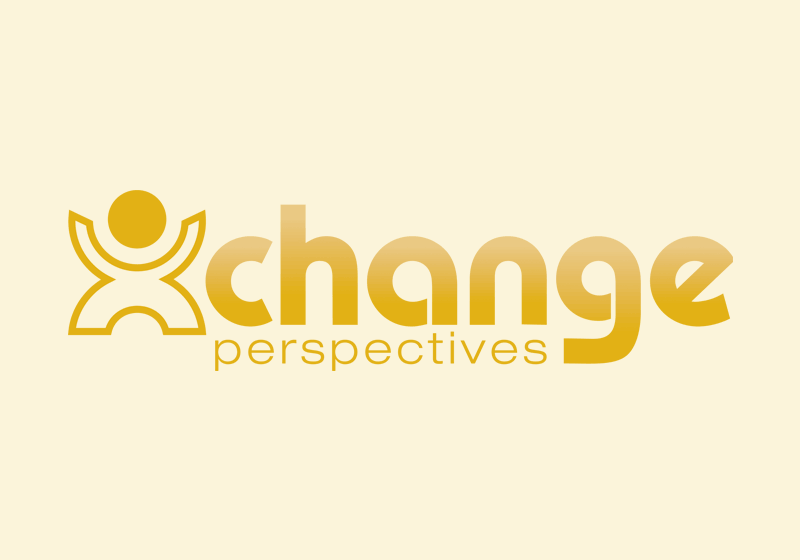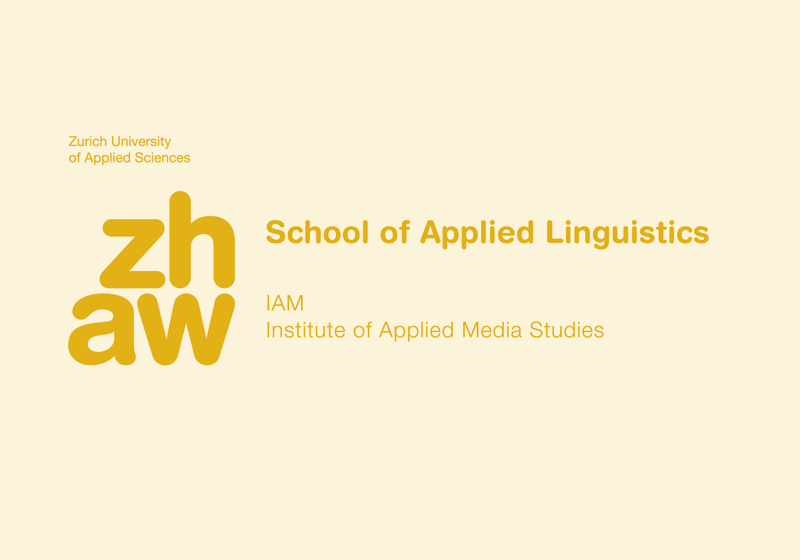SymposiumPower Shifts – Media Freedom and the Internet
Thursday, November 16th
Berlin, Konrad Adenauer Stiftung, Tiergartenstr. 35
organised by iRights.international, hosted by Konrad-Adenauer-Stiftung
08:45 Registration opens
09:30 Welcome
Dr. Peter Fischer-Bollin, Deputy Department Head, Department European and International Cooperation, Konrad-Adenauer-Stiftung
Lorena Jaume-Palasí, Matthias Spielkamp, iRights.international
09:40 Keynote
Thomas Jarzombek, Member of the German Parliament, spokesperson of the CDU/ CSU parliamentary group in the Digital Agenda Committee
10:20 Alphabet Soup
Facilitation: Lorena Jaume-Palasí, Matthias Spielkamp (iRights.international)
What does the media development community need to know about the management of the Internet – and what role can it play? Internet governance is putting the decisions of how to regulate the resources of the internet in the hands of many stakeholders. However, Internet governance has created many complex structures in the past decades and comes with its own jargon and abbreviations – the alphabet soup – making it sometimes hard to participate in the dialogue. In this interactive session we will highlight the interdependencies of media development and Internet governance. With this, we will create a common understanding of the topic and offer the opportunity for participants to discuss open questions concerning the Symposium’s programme.
Speakers:
Helani Galpaya, LIRNEasia
Mark Nelson, CIMA
11:15 Coffee Break
11:45 Media Literacy and Freedom of Expression: A partnership counselling session
Facilitation: Sofie Jannusch, CAMECO | Friederike von Franque, IDEM
Digital media literacy is considered imperative to civic engagement and democratic participation. Knowledge and skills to critically analyse and evaluate contents should be conveyed, enabling users to become producers of contents, to organise, mobilise and advocate influencing the public agenda and, eventually, facilitating social change. Seen as such, the relationship between civil society and the internet is primarily one of empowerment of every single person in society.
Simultaneously, individuals are expected to administer their own use and acquire the skills and competence needed to self-regulate through media literacy, counteracting the negative implications of “being digital”. Informed citizens are assumed to contradict hate speech and defamation, recognise fake news and propaganda, protect data privacy, and defend against malware attacks.
The session will explain current developments in the international media literacy community, look out for new concepts and methods, and what we know about their impact. It will ask about priorities and specific challenges on different continents. It will exemplify how media literacy was used for the production of counter narratives in an environment of violent conflicts. But it will also ask whether the expectations of empowerment of individuals and the self-regulation abilities through media literacy, are realistic or excessive demands.
Speakers:
Leo Van Audenhove, Vrije Universiteit Brussel
Chido Onumah, African Centre for Media & Information Literacy (AFRICMIL)
Jim McDonnell, SIGNIS
Roman Deckert, r0g_agency
13:00 Gallery Walk: The Big Throttle
13:30 Lunch Break
14:30 Voices, Actors, Dialogue – Making multi-stakeholder processes work
Facilitation: Erik Albrecht, freelance journalist and researcher
Multi-stakeholder processes bear a great promise: many voices are brought together and heard, experts from different areas bring in their knowledge and experiences, new perspectives are opened up – in order to see things more clearly and to decide on possible ways forward.
And it works. The most prominent example is the Internet Governance Forum (IGF), a unique, global, open and transnational forum. Although this institution does not have any power its discussions strongly influence policy, law and decision making all over the world.
On another note, in international development multi-stakeholder processes are used to assemble perspectives and pool ideas. One example is the initiative by Center for International Media Development (CIMA) and DW Akademie which in the past two years carried out regional consultations in Latin America, South East Asia and Africa. Here experts from different countries and background discussed key challenges the media are facing and came up with new suggestions for future action.
But how exactly do multi-stakeholder processes work? And how can they be improved? This session focuses on the methodology of these consultations: What are the challenges in preparing these events? Which rules of the game work are essential? How can a dialogue best be maintained? How can be ensured that outcomes of the discussions are best secured and used?
A second thread of the discussion will be: How can the media development community engage more in the IGF processes? Where is the common ground? And what can the media development community bring to the table?
The speakers will share multiple multi-stakeholder experiences and they will, of course, be interested in hearing from the multitude of perspective of other symposium participants.
Speakers:
Daniel O’Maley, CIMA
Laura Schneider, DW Akademie
Jeanette Hofmann, Wissenschaftszentrum Berlin
Koliwe Majama, Programme Officer, Media Institute of Southern Africa, Zimbabwe
16:00 Coffee Break
16:30 How do Media Freedom and Internet governance overlap?
Facilitation: Lorena Jaume-Palasí | Matthias Spielkamp, iRights.international
The global dialogue on Internet governance and policy issues needs informed and diverse global voices and the support of leading experts. The Internet governance mechanisms, such as the open and inclusive multi-stakeholder model offer many opportunities to create sustainable processes to strengthen civil liberties.
Media Freedom is a strong tool for democratisation but quickly comes under attack when regions destabilise or governments turn autocratic. If all control over the internet is left to government alone, communications can be shut down quickly and citizens will be cut off the rest of the world, as the Arab Spring, Turkey or most recently the Togolese internet shutdowns showed. A commitment to freedom of speech, of the press and freedom of assembly can be enforced through Internet governance structures, allowing multi-stakeholder models to share coordination of integral Internet resources. This session seeks to explore the connections of media freedom and Internet governance further and share good practices, as well as effective arguments to open up a dialogue.
Speakers:
Harlem Désir, OSCE Representative on Freedom of the Media
Lynn St. Amour, Chair of the Multistakeholder Advisory Group of the Internet Governance Forum
19:30 Evening reception at Mozilla’s Berlin Office (optional)
With a presentation of Mozilla’s Internet Health Report
Schlesische Str. 27, directions
Friday, November 17th
Berlin, Konrad Adenauer Stiftung, Tiergartenstr. 35
09.00 Trade regulation for surveillance technology
Facilitation: Lena Rohrbach, Amnesty International
Protecting sources has always been a crucial task for journalists. Digital technologies both enable more people contacting media (even anonymously) and allow governments spying on them with surveillance tools. Those goods are mostly developed in industrialized and democratic countries such as the USA, Israel or within the European Union. However, as they are sold worldwide also to non-democratic countries, these technologies pose a serious threat to media freedom. Designed for the use against criminals and terrorists, they are demonstrably misused against journalists, human rights defenders and opposition members. After the arabic spring revealed that for years governments from the MENA region were customers of european companies, the European Union started to regulate the export of surveillance technologies. Since early 2015, they are listed as a so called dual use-goods. Unfortunately, the business hasn’t stopped so far. That is why the EU now wants to completely reform the dual use-regulation strengthening human rights with a strict export control. In this session, Daniel Moßbrucker, Internet Freedom Desk Officer at Reporters Without Borders Germany, will demonstrate how governments spy on journalists. Which tools are used? What are governments able to see about peoples daily and personal life? In a second step, Klaus Buchner, rapporteur for the dual use regulation in the European parliament,explains what the EU is planning – and why it is so difficult to stop the export of software based goods.
Speakers:
Daniel Moßbrucker, Reporters without Borders
Klaus Buchner, MEP, ÖDP
10:00 Coffee Break
10:30 Cybersecurity and freedom of expression – Strategies for new alliances and cooperation
Facilitation: Isabel Rodde, GIZ | Andrea Nüsse, Friedrich Naumann Stiftung
Security and privacy on the internet is a growing challenge: Recent studies suggest that more than 4.000 ransomware attacks have occurred daily since January 2016. Cyber criminals infiltrate IT systems to gain access to credit card information and mobile money accounts, intelligence agencies exploit software vulnerabilities for espionage and cyber warfare, hackers attempt to manipulate public opinion during elections campaigns. Instead of raising the security of individuals, devices and networks in a holistic manner, governments increasingly frame cybersecurity as a national security issue. Several countries have enacted repressive cyber laws that deny privacy and violate the freedom of expression and assembly. Internet shutdowns have increased to more than 60 this year, and a growing number of journalists and whistleblowers is facing draconian penalties for their activities on social media. The panel will address these worrying trends and discuss options for action. Which strategies can support human rights protection in cybersecurity policy making? How can digital security experts, human rights defenders and journalists cooperate to strengthen a free, open and secure internet?
Speakers:
Chinmayi Arun, Research Director of the Centre for Communication Governance, Assistant Professor of Law at the National Law University Delhi
Stefan Heumann, Co-Director, Stiftung Neue Verantwortung
Nanjira Sambuli, Digital Equality Advocacy Manager, World Wide Web Foundation
11:45 Protecting Sources and Whistleblowers in the Digital Age – Lightning talks
Facilitation: Nora Wehofsits, ECPMF
Whistleblowing is considered to be one of the most effective ways to fight corruption. Protection of confidential sources is essential for investigative journalism. Various online platforms have been established to provide a safe way to leak information. Media houses have invested in technology to allow members of the public to secretly reach reporters. Yet, offline and online whistleblowers face repercussions – and journalists have difficulties in protecting their sources in the new age of technologies. During lightning talks and discussions, experts hosted by the ECPMF will address amongst others the following questions: What role does whistleblowing and protection of sources play in the light of media freedom? What (legal) frameworks are effective for protection of sources and whistleblowers? What are the challenges or opportunities of the digital age in this regard? What are the responsibilities of journalists in working with confidential sources including whistleblowers?
Speakers:
Vladimir Radomirović, editor-in-chief, Pištaljka.rs
Guy Berger, Director of Division Freedom of Expression and Media Development, UNESCO
Annegret Falter, Chairperson of the Whistleblower-Network
12:30 Lunch Break
Luncheon with the speakers
13:30 “Fake News” – Tackling the phenomena respecting freedom of expression
Facilitation: Nalaka Gunawardene, journalist, Sri Lanka
“Fake news” can be labelled as one of the expressions of the year 2017 in the media landscape. As social media enables every user to become a news publisher, the rise of stories that are presented as facts but lack any factual basis raises concerns all over the world. However, also genuine journalistic work is increasingly labelled as “fake news” by several state representatives, harming trust in journalism as such – especially in non-democratic countries.
Different stakeholders react differently to this challenge: Platforms like Facebook and YouTube collaborate with outside fact checkers, revise their moderation policies and tweak their filtering technologies, risking overblocking of legal content. Journalists and media associations discuss the deployment of seals of approval for “reputable” journalism at the peril of excluding citizen journalism or dissenting media. Governments, not just in autocratic but also democratic countries, enact national laws to curb the dissemination of certain kinds of content. On the contrary, there are only few issues right now that better shed a light on the interactions of stakeholders and the interdependencies of policy approaches we call Internet Governance than the response to “fake news”.
This session will bring together several stakeholders, ranging from government to social media and journalists, in order to discuss their roles and how they can interact to tackle the issue. In a second step, it will seek possible options and education-related measures to address the manifold challenges that “fake news” are posing.
Speakers:
William Bird, Media Monitoring Africa (MMA)
Joseph Nasongo, Commissioner, National Cohesion and Integration Commission, Kenya
Miriam Estrin, Google
Bob Wekesa, University of the Witwatersrand, South Africa
14:30 Messages from the FoME Symposium
Rapporteurs
15:00 Conclusion of the FoME Symposium 2017


